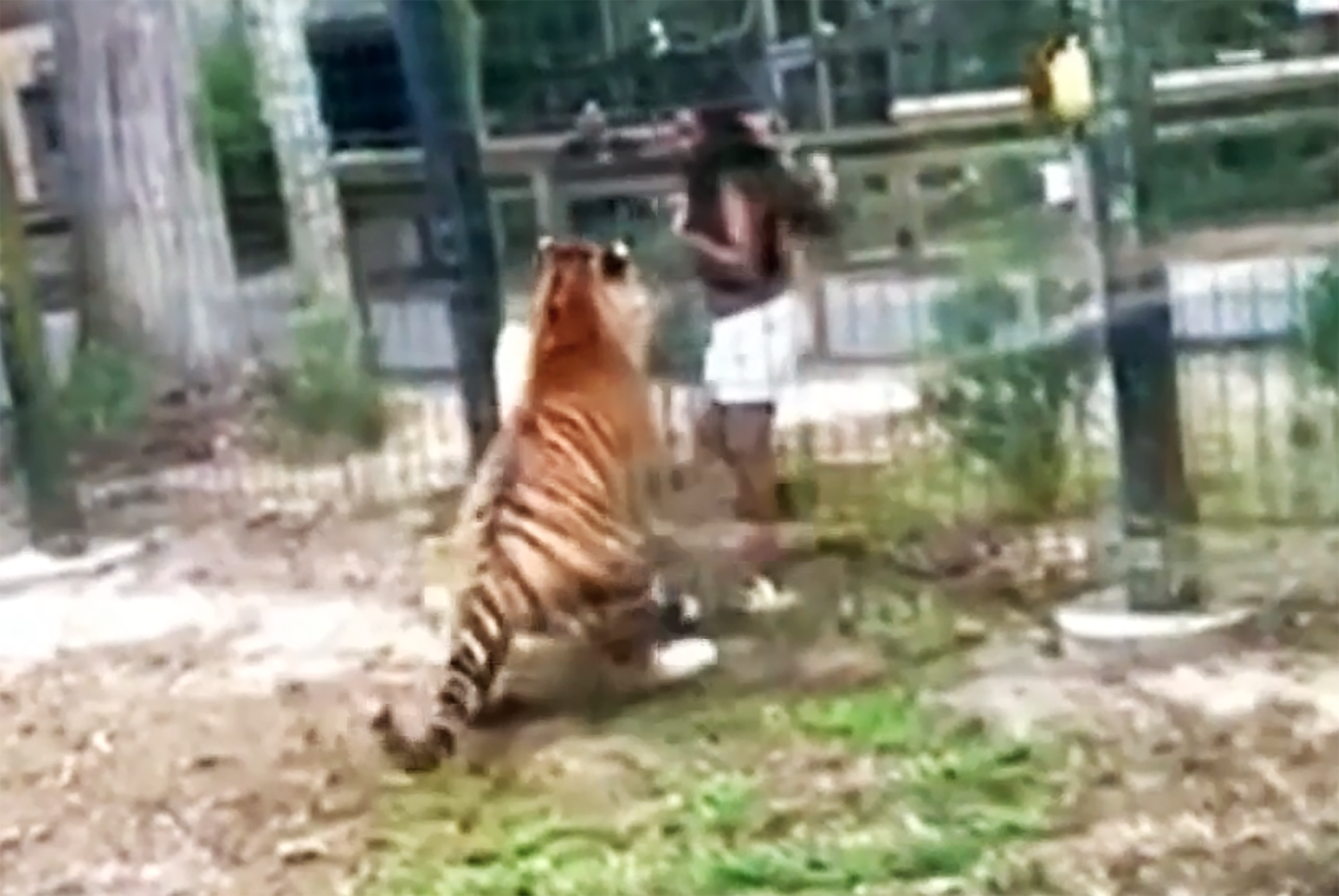Whether the criminology student accused of murdering four University of Idaho students in late 2022 can get a fair trial in the same county where the killings took place will be the subject of a hearing Thursday that could alter the course of the case.
Latah County District Judge John Judge will consider arguments to decide if the trial of Bryan Kohberger, tentatively set for next June, should be moved to Ada County, about 300 miles south and home to Idaho's capital, Boise.
Defense attorneys said in a filing this month that intense media interest and a severe "mob mentality" against Kohberger, 29, within Latah County is sufficient justification for a change of venue. They included some of the reactions they said they received from a telephone survey done as part of a request to move the trial.
According to the defense expert who conducted the survey, one respondent said, "There would likely be a riot and he wouldn't last long outside because someone would do the good ole' boy justice." Another remarked: "They'd burn the courthouse down."
Kohberger's public defender, Anne Taylor, wrote in her change of venue request that "the prolific media coverage, in Latah County, is not a mere passing story."
"The content is not benign, rather, it is inflammatory, emotion-evoking and often misleading, false, and poorly sourced," she said. "There is no reasonable belief that media coverage will slow, regardless of how long the case takes to prepare for trial."
But Latah County prosecutors countered in a court filing that the trial shouldn't be moved. They argued that doing so "would not be convenient for the parties and witnesses," and that the case so far has been devoid of becoming a "media circus" as a gag order was instituted early on, preventing lawyers, law enforcement and other officials from speaking publicly.
Prosecutors also offered a compromise for the trial to convene in Nez Perce or Kootenai counties, which are closer to Latah County.
The issue of juror impartiality has come before the U.S. Supreme Court previously, including in the high-profile case of Enron Corp. executives who argued they would not get a fair trial in Houston.
In 2010, chief executive Jeffrey Skilling unsuccessfully challenged his fraud and conspiracy conviction, with Justice Ruth Bader Ginsburg writing: "Prominence does not necessarily produce prejudice, and juror impartiality, we have reiterated, does not require ignorance."
Still, the moving of highly anticipated criminal trials is not unheard of.
Scott Peterson, who has long maintained his innocence in the killing of his wife, Laci Peterson, and their unborn son in 2002, had his trial moved from Stanislaus County, California, where the couple lived, to San Mateo County, about 100 miles away, because of initial concerns over the community's hostility toward him.
Other trials, including that of the Los Angeles police officers charged in the 1991 beating of motorist Rodney King, the 1995 Oklahoma City bombing carried out by Timothy McVeigh, and the 2002 killings in Washington, D.C., perpetrated by two snipers, were moved out of their respective cities following continuous media coverage.
The fatal stabbings of the four University of Idaho students — Madison Mogen, Kaylee Goncalves, Xana Kernodle and Ethan Chapin — at an off-campus apartment house on Nov. 13, 2022, stunned the small community of Moscow. A suspect was not immediately caught, and law enforcement received thousands of tips as a motive remained elusive.
But more than a month later, Moscow police announced the arrest of Kohberger, a resident of nearby Pullman, Washington, and then a doctoral student at Washington State University.
A not guilty plea was entered on Kohberger's behalf in May 2023. His trial could last about three months, Judge has said.
Prosecutors plan to seek the death penalty if Kohberger, who was charged with four counts of first-degree murder and burglary, is convicted. They are expected to rely on DNA evidence, cellphone use and security videos to connect him to the crime.
Kohberger's defense has suggested he often went on late-night drives but that cellphone tower data would show that he had been doing so miles away at the time the four University of Idaho students were killed.
A dedication was held at the school's campus last week for a new "healing garden" to honor the lives lost. Families of the victims were in attendance, including the parents of Goncalves, who said the trial should remain local.
"This is where it happened," her mother, Kristi Goncalves, told NBC News, "and the community deserves to be part of that jury."
.png)
 3 weeks ago
20
3 weeks ago
20





























 Bengali (BD) ·
Bengali (BD) ·  English (US) ·
English (US) ·